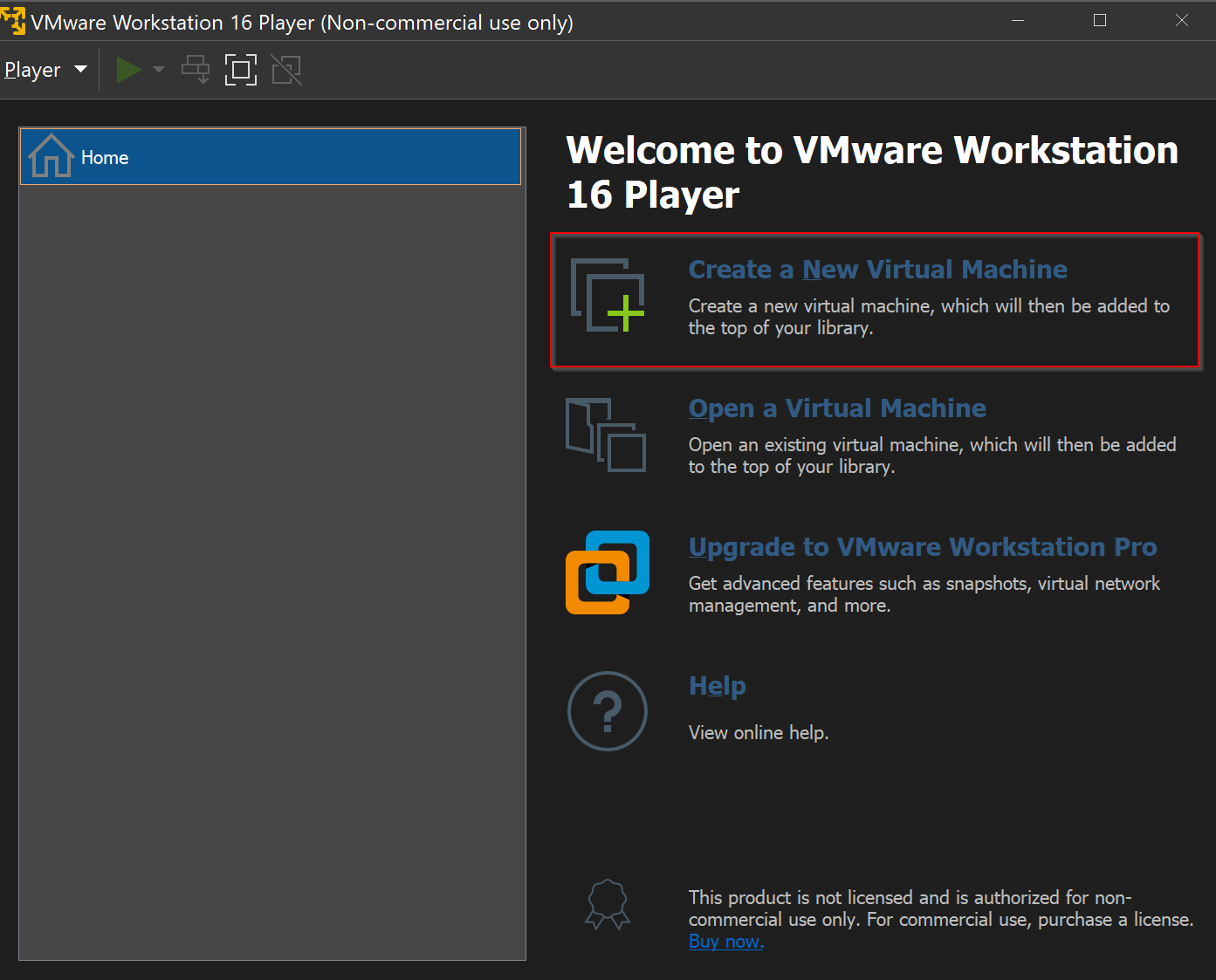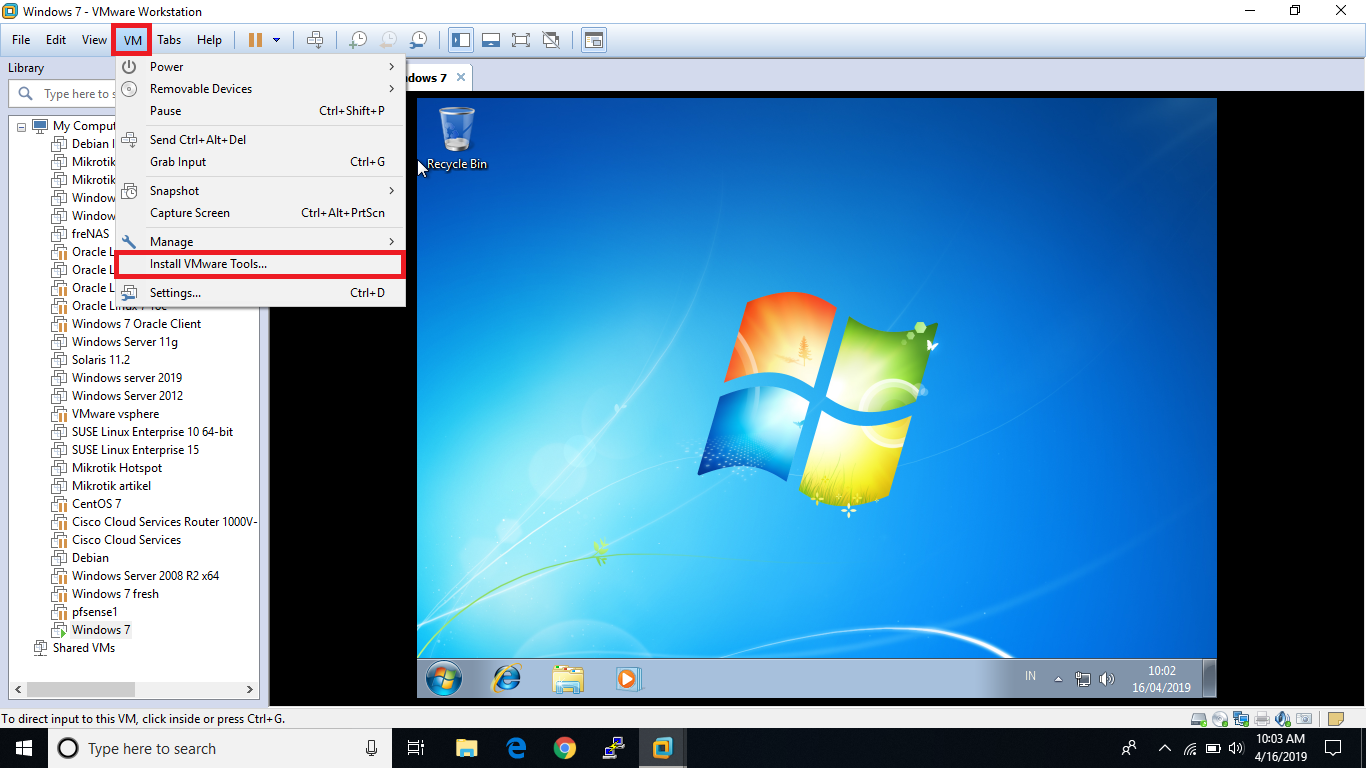

The version that should be deployed is the Semi-Annual Channel (SAC).The LTSC is not intended for mainstream PCs and should not be deployed for general purpose PCs.

Examples of these devices include point-of-sale (POS) devices, kiosks, bank teller devices and PCs attached to manufacturing or healthcare devices.

Best Practice #3: Pick the Right Version of Windows 10 PCLM tools have done a great job for some customers, but other customers have complained that the affordability of PCLM remains a constant challenge. Organizations often spend several thousands of dollars per user in the care and feeding of Windows PCs because of things like software distribution staging servers, PCs not on the domain and patches that fail to get properly deployed. Third, EMM is easier, lightweight and more modern management.īest Practice #2: Realize That Traditional PC Management Is ExpensiveĪccording to independent studies, traditional PC lifecycle management (PCLM) is still costly to do.Second, EMM allows for anywhere/anytime management, even off the domain.First, this change allows customers to manage all end-user computing (EUC) devices with a common set of tools, regardless of operating system (OS).

In Windows 10, Microsoft includes new enterprise mobility management (EMM) features that offer customers the chance to manage PCs as if they are mobile devices. Unlike prior Windows migrations, Windows 10 presents an opportunity for organizations to really rethink how they do Windows management. Best Practice #1: Understand That This Windows Migration Is a Transformation I recently spoke to many customers at VMworld in Las Vegas on Windows 7 to Windows 10 migration projects and had the opportunity to present this topic to more than 500 attendees-proof that Windows remains top of mind for many customers.įor those not in attendance, consider the following 10 best practices prior and during Window 10 adoption.


 0 kommentar(er)
0 kommentar(er)
